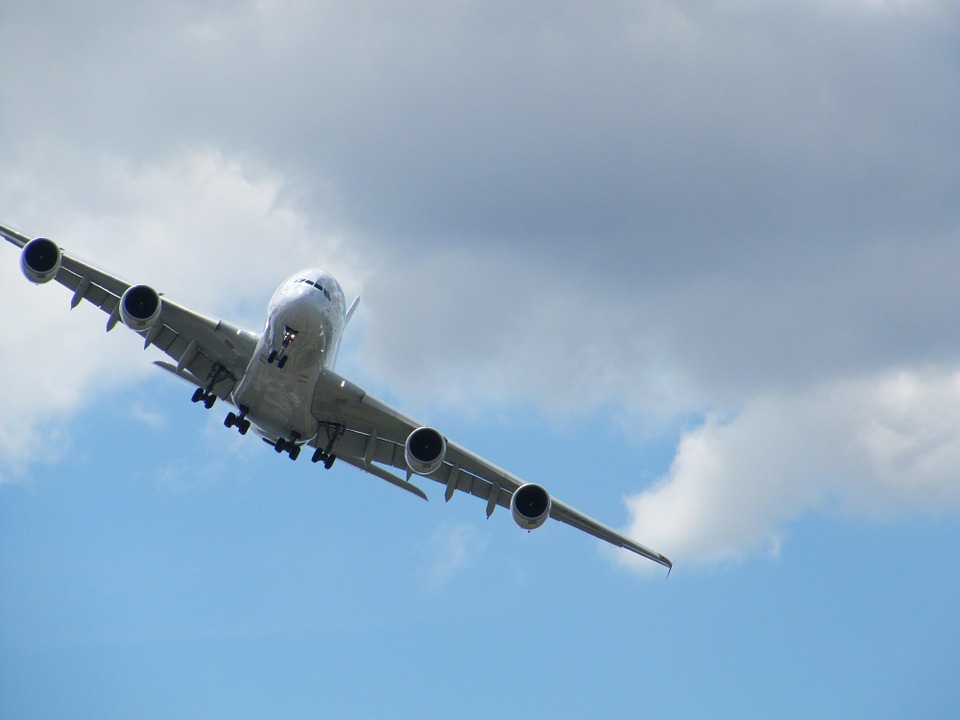The European aerospace concern Airbus Group has decided to actively join the global fight to reduce greenhouse gas emissions. “Green air travel is our top priority,” said its new CEO Guillaume Faury, and, in fact, formulated the key long-term goal of his work in this post: “Our goal is to build the world's first low-emission passenger aircraft.”
Solving this extremely complex task will require many years or even decades and significant investment, emphasized 51-year-old Faury, who was appointed as Airbus’ Head in April 2019. Nevertheless, the first Airbus with a hybrid engine may fly into the sky before 2035, Head of the French-German-Spanish concern announced, speaking in Hamburg on November 28 to members of the Hamburg Economic Journalists Club and the Aviation Press Club.
At the same time, the top manager assured those present that a network of research centers and design bureaus that had developed in northern Germany in the Hamburg region would play an active role in the implementation of the project. This German city hosts the second largest aircraft factory concern. The parent company is located in Toulouse, France.
Guillaume Faury's statement was made against the backdrop of the growing fight against global warming. Calls to completely or at least partially abandon air travel are becoming louder, as aircraft emit a large amount of carbon dioxide into the upper atmosphere.
Air travel accounts for only 2.5 percent of global CO2 emissions, Guillaume Faury said in a statement. But Airbus recognizes its responsibility, he emphasized, and recalled that in the past the company has already achieved significant reductions in fuel consumption per passenger by developing increasingly light aircraft and using ever more powerful engines. By 2050, global air transport intends to reduce CO2 emissions by 50 percent compared to 2005.
source: dw.de
Solving this extremely complex task will require many years or even decades and significant investment, emphasized 51-year-old Faury, who was appointed as Airbus’ Head in April 2019. Nevertheless, the first Airbus with a hybrid engine may fly into the sky before 2035, Head of the French-German-Spanish concern announced, speaking in Hamburg on November 28 to members of the Hamburg Economic Journalists Club and the Aviation Press Club.
At the same time, the top manager assured those present that a network of research centers and design bureaus that had developed in northern Germany in the Hamburg region would play an active role in the implementation of the project. This German city hosts the second largest aircraft factory concern. The parent company is located in Toulouse, France.
Guillaume Faury's statement was made against the backdrop of the growing fight against global warming. Calls to completely or at least partially abandon air travel are becoming louder, as aircraft emit a large amount of carbon dioxide into the upper atmosphere.
Air travel accounts for only 2.5 percent of global CO2 emissions, Guillaume Faury said in a statement. But Airbus recognizes its responsibility, he emphasized, and recalled that in the past the company has already achieved significant reductions in fuel consumption per passenger by developing increasingly light aircraft and using ever more powerful engines. By 2050, global air transport intends to reduce CO2 emissions by 50 percent compared to 2005.
source: dw.de





